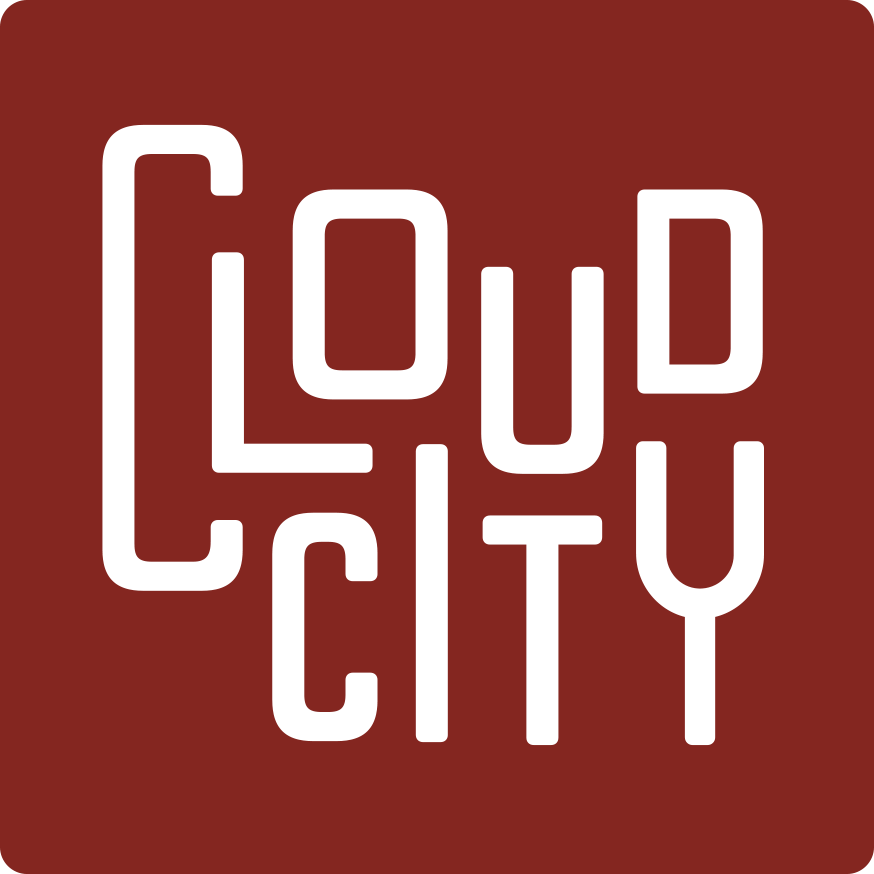5 Things Small Business Owners Can Do to Prepare for an SBA Loan Application
To help potential buyers understand the process, we spoke with Nik Merrick, the commercial loan manager of MK+ Associates. Nik brings his own personal experiences with small business and entrepreneurship to his work with clients. He told us 5 great tips to help business owners get ready for the loan application process. (See our post on the Benefits of a SBA Loan.)
1) Establish a solid business
Lenders want your business to be solid now and into the future. They love to see that you’ve been in business for at least a year, but preferably two. This means that you’ve got some performance records to draw from and evidence that you’re a good candidate for repayment. This doesn’t necessarily mean that you must have been operating out of your own leased space before. You just need to prove that your business is solid.
For example, Nik helped a jujitsu business owner get a loan to build a gym. Though the owner previously operated his business out of another person’s gym space, he had two years of solid business records. If he had just been starting out, that would’ve been a tough sell to lenders.
If you’re just starting out, savings, family, friends, and credit cards are going to come in to help get you off the ground to build your business enough to get a SBA loan down the road.
2) Be COVID-proof and prepared for risks
Whereas having a solid business was enough in the past, with COVID and a precarious economy, lenders also want to see that you have a plan in place to mitigate risks. How is your business going to stay afloat during a pandemic, natural disasters, or other potential disruptions to business as usual? How is your business COVID-proof? (This is not just asking folks to wear masks.) What is your plan and what safety nets do you have in place for the unpredictable?
Nik recommends checking out the World Economic Forum’s “The Great Reset” to learn more about the upcoming political, social, and economic changes that COVID-19 has brought on. He believes the last thing entrepreneurs should ever do is fall to our fears and become inactive. He’s confident that there are areas in the economy that aren’t getting enough attention - such as businesses built on sustainability or improving food supply - that can add value even in challenging times.
3) Build Your Credit
Before you apply for a loan, you’ll want to improve your credit worthiness and pay down your debt. It’s best if your credit score is in the mid- to high-700s. It can be as low as 650, though you won’t get the best interest rate. Nik suggests viewing a loan as a long-term relationship with a bank or lender, and says, like any relationship, you want to start off on the right foot. Many businesses make use of credit cards, and some max them out, which will not look good to a lender. In that case, consider a debt consolidation process or working with a consumer credit counselor to get your credit where you want for the best loan option.
4) Save and organize
Of course, you’re gonna need money. Ideally, you will need to put 10% down as equity participation, plus an additional 10% of the loan amount to be post-closing liquidity. This helps communicate to lenders that you’re in a good financial place to weather potential storms that may come. Lenders typically like to see a 24-month pro forma, which is a statement of your earnings and financial projections for the future. They also like to have documents of your trailing data (your financial history), such as your tax returns, bank statements, personal financial statements, and other relevant documents. Be ready to produce and submit multiple documents along with your application. Organizing ahead of time can save you a lot of time and heartache, in addition to the ability to lock in a good interest rate before they change.
5) Find the right mortgage broker.
This is your money. This is your business. This is your life. You want to take the time to find the right broker for you, someone you trust and understand, a good communicator who will work in your best interests and guide you through the process. Be careful for lend-to-own situations, and watch out for predatory lenders that will make promises, take your money for applications and fees, or structure loans on terms that set you up for failure so that they can ultimately take your property. Consider interviewing a few mortgage brokers. Even if you think you found the right person on the first try, interviewing others will only reinforce your initial opinion.
How long is the process?
The start-to-finish timeline for a loan can be a range, especially now with COVID delays, so borrowers should start by asking for a timeline when onboarding with a lender. Lenders are always going to look for certain initial requirements: tax returns, bank statements, personal financial statements, and other relevant business documents. If you can turn those quickly, then your broker can move quickly.
Once you satisfy the initial requirements, your broker has found a lender, and the LOI has been signed, third party reports can be started, such as appraisal, environmental reports, building inspection, and other property assessments. After the LOI is signed and 3rd party reports are funded, it generally takes around 60 days to complete the loan process. (Note: The bank will not pay for your third party reports. Borrowers need to be aware that these are up-front payments, though sometimes they can get credited back at closing.)
Additional Resources
MK+ Associates - A full-service, local Portland lender that aims to provide high-touch, high-quality service built on relationships in the commercial loan space.
Small Business Association - official government website

